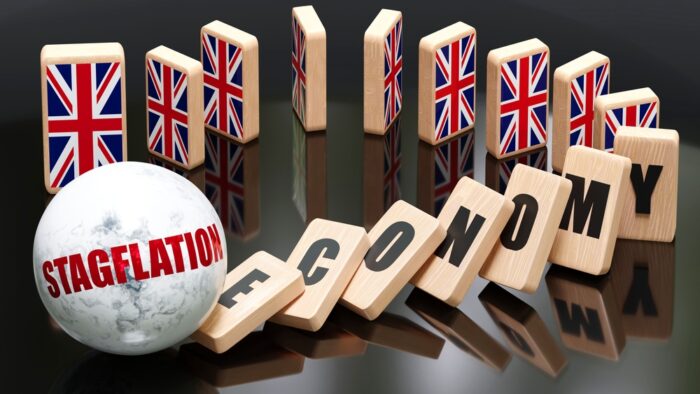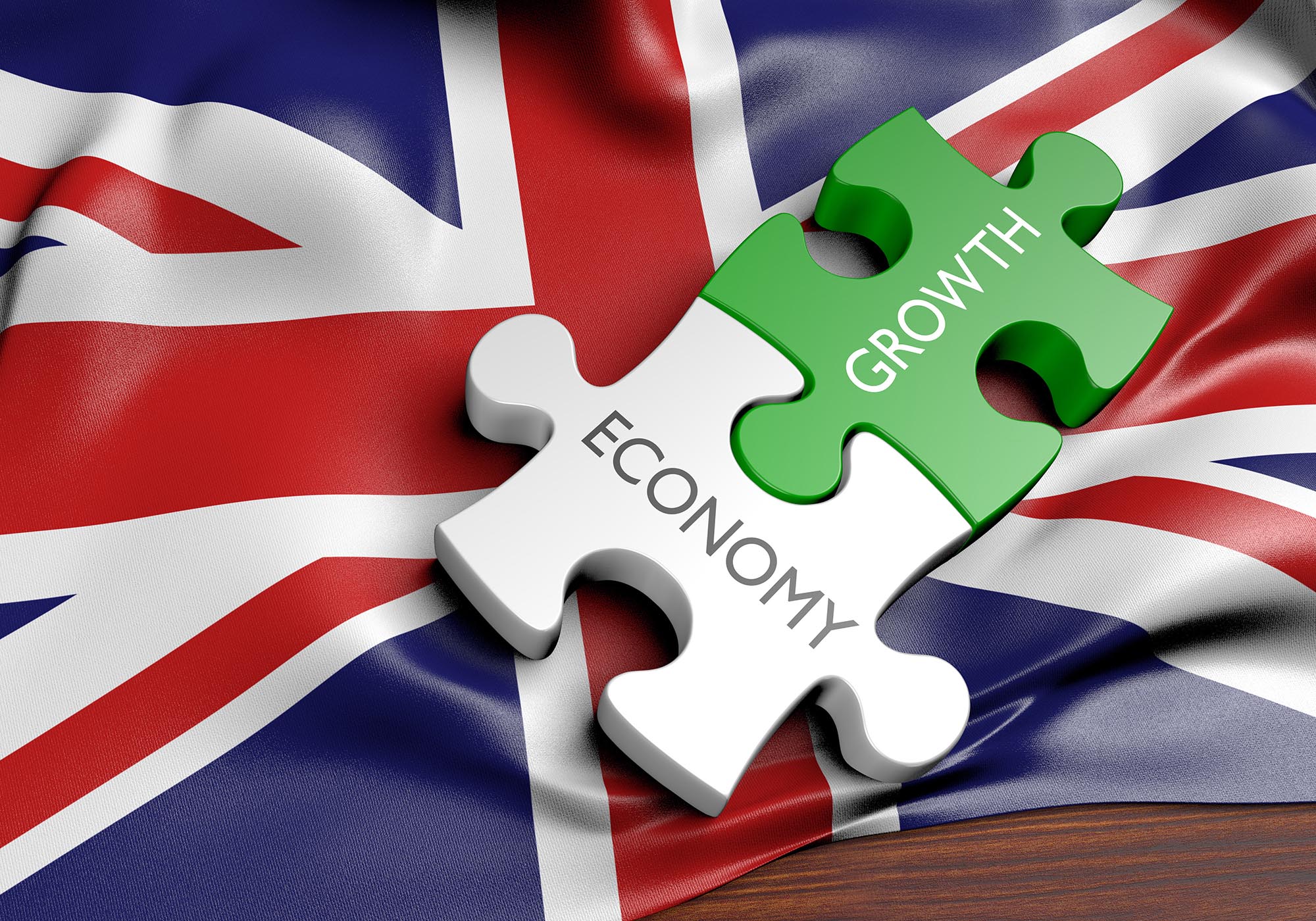The Resolution Foundation said that the UK’s “toxic combination of low growth and high inequality” means the country suffers from a £8,300 living standards gap with similar countries such as France and Germany.
The think tank has called for a new economic strategy that to build on Britain’s strengths as a services superpower. It said such a strategy would prioritise public and private investment, expand cities, and ensure good work in every town could help the country catch up.
A book published today, titled Ending Stagnation, is the final report of The Economy 2030 Inquiry. It is a collaboration between the Resolution Foundation and the Centre for Economic Performance at the London School of Economics, funded by the Nuffield Foundation.
The book says the UK has now seen 15 years of relative decline, with productivity growth at half the rate seen across other advanced economies. Wages have flatlined as a result, costing the average worker £10,700 a year in lost pay growth. It pointed out that nine million younger workers have never worked in an economy with sustained average wage rises.
The Resolution Foundation said that Britain’s slow growth, together with its high inequality, has proved a toxic combination for low-and-middle income households. Poor households in Britain are now £4,300 worse-off than their French and German counterparts, leaving them struggling to cope when the cost-of-living crisis struck.
Ending Stagnation says that existing agendas for reversing decline are not serious, believing that “world-beating” rhetoric automatically translates into a “world-beating” reality, or that there is a path to turning Britain into a German-style manufacturing powerhouse.
The report adds that while the challenges Britain faces are huge, they are “not insurmountable”. It sets out a comprehensive agenda for turning Britain from a stagnation nation to an investment nation.
15 years of stagnation is a disaster
Torsten Bell, chief executive of the Resolution Foundation, said: “Britain has huge strengths, but is in relative decline. A year or two of low investment and flatlining wages is survivable, but 15 years of stagnation is a disaster. Combined with high inequality, our slow growth has proved toxic for low- and middle-income families, who are now far poorer than their peers in similar economies like Germany and France. Their living standards were under strain well before the cost-of-living crisis struck.
“The task facing the UK is to urgently embark on a new path. A new economic strategy built, not on nostalgia or wishful thinking, but our actual strengths. Along with honesty about the scale of change needed, and the trade-offs involved. It’s time for Britain to start investing in our future, rather than living off our past.
“There no excuse for fatalism. Having fallen so far behind, we now have a huge advantage: catch-up potential. Closing the gap with peers like Australia, France and Germany would deliver huge living standards gains, with typical households over £8,000 better off. That is a huge prize for a Britain that embraces a new economic strategy and is, in many ways, more normal.”
Stephen Machin, LSE professor of economics, said: “For decades, the UK has felt the effects of high inequality, hindered growth and economic stagnation. But this can change – the Economy 2030 Inquiry has been a path-breaking research venture that has produced robust and credible evidence, leading to a policy structure that can improve outcomes.
“The legacy of the inquiry needs to be a UK economy that delivers growth, and better, less unequal, standards of living in the rest of the decade and beyond.”





